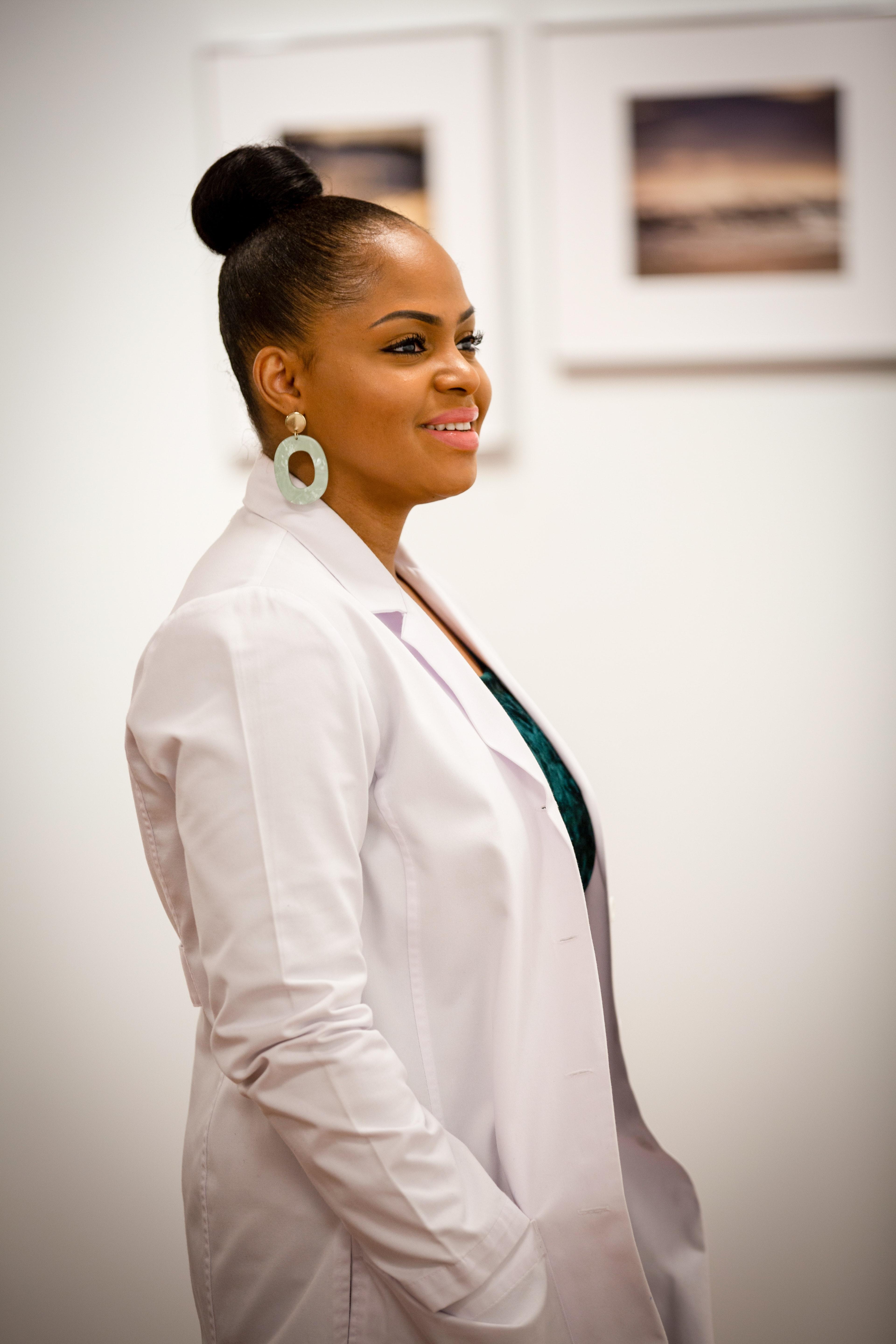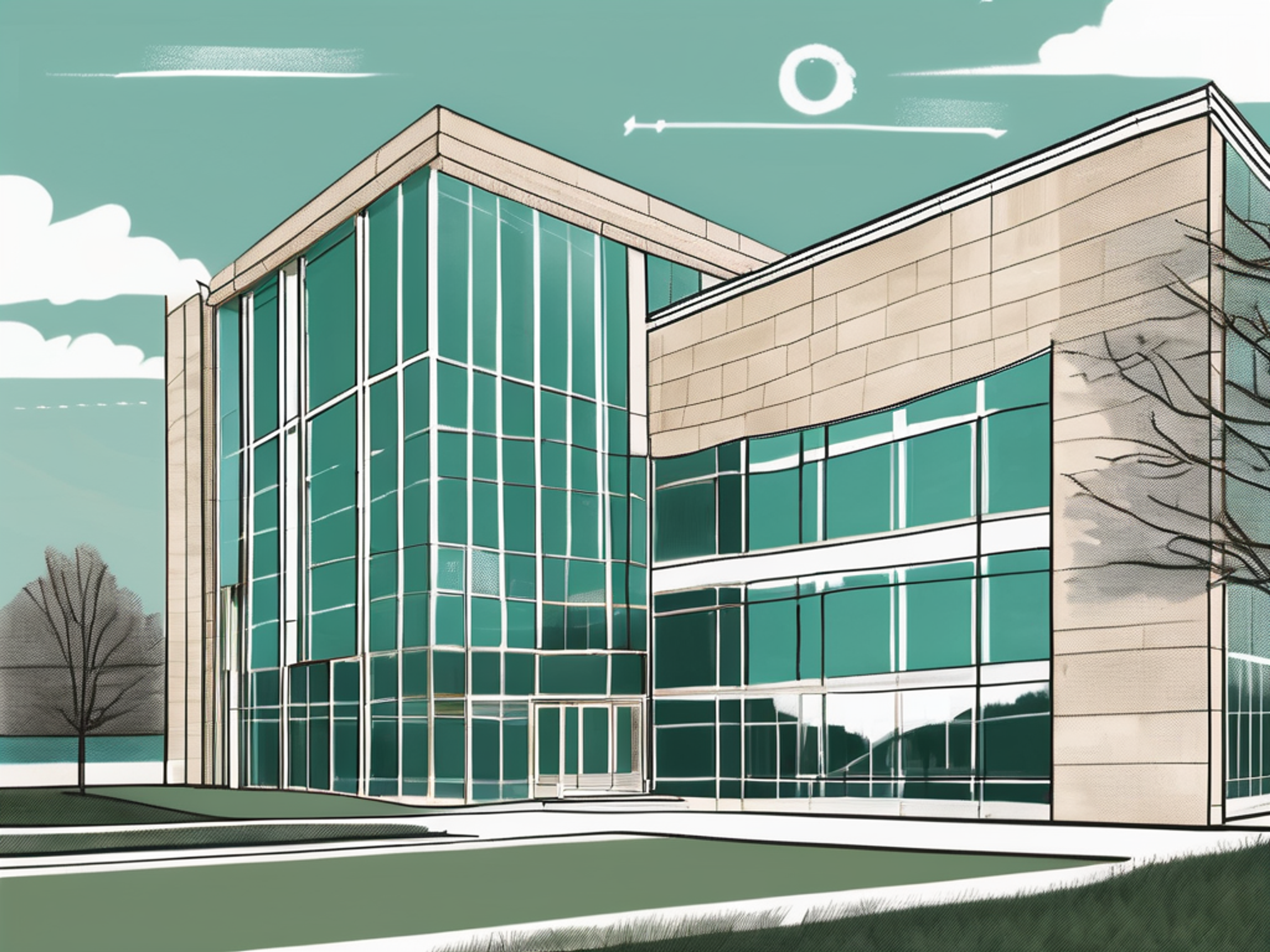CCOM: A Comprehensive Guide to the Chicago College of Osteopathic Medicine
If you're considering pursuing a career in osteopathic medicine, look no further than the Chicago College of Osteopathic Medicine (CCOM).
Posted March 6, 2025

Table of Contents
If you have been considering a career in osteopathic medicine, you may have come across the Chicago College of Osteopathic Medicine (CCOM) as a leading institution for osteopathic medicine education. This comprehensive guide will provide you with all the information you need to know about CCOM, from its history and founding principles to its curriculum structure and research opportunities.
History of CCOM and its Founding Principles
CCOM was founded in 1900 by Dr. William Smith, who believed in a holistic approach to medicine that focused on the interrelationship between the musculoskeletal and nervous systems. Since its establishment, CCOM has remained committed to the principles of osteopathic medicine, which include the belief that health and disease are based on the interrelationship of the mind, body, and spirit, and that the body has an innate ability to heal itself.
Accreditation and Recognition of CCOM by Regulatory Bodies
CCOM is accredited by the Commission on Osteopathic College Accreditation (COCA) and is recognized by the U.S. Department of Education. The institution is also licensed by the Illinois Board of Higher Education and is a member of the American Association of Colleges of Osteopathic Medicine (AACOM).
In addition to the above-mentioned accreditations and recognitions, CCOM has also been accredited by the Higher Learning Commission (HLC) since 1971. The HLC is an independent organization that accredits degree-granting post-secondary educational institutions in the North Central region of the United States.
Furthermore, CCOM has received recognition from the Accreditation Council for Continuing Medical Education (ACCME) for its continuing medical education (CME) programs. This recognition indicates that CCOM's CME programs meet the high standards set by the ACCME for educational quality and ethical practice.
Campus Life at CCOM: Residential Facilities, Amenities, Dining Options, Extracurricular Activities
CCOM provides on-campus housing options for students, including apartments and houses. Additionally, students have access to a wide range of amenities and dining options, including a fitness center, a library, and a student lounge. Extracurricular activities at CCOM include various student organizations that cater to diverse interests such as community service, sports, and cultural activities.
Furthermore, CCOM offers a comprehensive career services center that provides students with resources and guidance for job searching, resume building, and interview preparation. The center also hosts career fairs and networking events to connect students with potential employers.
CCOM also values diversity and inclusion, and has established a multicultural center to support students from diverse backgrounds. The center offers programming and resources to promote cultural awareness and understanding, and hosts events and workshops to celebrate diversity on campus.
Admissions Criteria and Process for Prospective Students
Prospective students must have a bachelor's degree from an accredited institution and complete the Medical College Admission Test (MCAT). Applications are received through the American Association of Colleges of Osteopathic Medicine Application Service (AACOMAS) and are reviewed by CCOM's admissions committee.
In addition to meeting the academic requirements, prospective students are also evaluated based on their personal qualities, such as leadership skills, community involvement, and commitment to the osteopathic profession. The admissions committee also considers the applicant's personal statement, letters of recommendation, and any relevant work or volunteer experience.
Once an application is submitted, it typically takes 4-6 weeks for the admissions committee to review and make a decision. If an applicant is selected for an interview, they will be notified via email and invited to visit the campus for an in-person interview with faculty and current students.
Curriculum Structure and Course Offerings at CCOM
The CCOM curriculum is structured into two phases: the pre-clinical phase and the clinical phase. The pre-clinical phase provides students with a solid foundation in the basic sciences, while the clinical phase emphasizes real-world practice through hands-on experience in various clinical settings. Course offerings at CCOM include osteopathic principles and practices, anatomy, biochemistry, and pharmacology, among others.
Additionally, CCOM offers elective courses that allow students to explore specialized areas of medicine, such as sports medicine, geriatrics, and integrative medicine. These electives provide students with the opportunity to gain in-depth knowledge and skills in their areas of interest, and to tailor their education to their career goals. CCOM also offers a variety of clinical rotations, allowing students to gain experience in a wide range of medical specialties, including family medicine, pediatrics, surgery, and psychiatry.
Clinical Rotations and Residencies Available to CCOM Students
CCOM students have access to a wide range of clinical rotations and residencies in various specializations, including family medicine, psychiatry, and surgery, among others. The rotations take place in various clinical settings such as hospitals, clinics, and private practices.
In addition to the traditional clinical rotations and residencies, CCOM also offers unique opportunities for students to gain experience in underserved communities. These rotations take place in rural or urban areas with limited access to healthcare, allowing students to develop skills in providing care to diverse populations.
Furthermore, CCOM has partnerships with international healthcare organizations, providing students with the opportunity to participate in global health rotations. These rotations take place in countries such as Haiti, Guatemala, and India, and allow students to gain a deeper understanding of healthcare systems and cultural differences in healthcare delivery.
Faculty and Staff Profiles: Expertise and Experience in Osteopathic Medicine Education and Practice
The faculty and staff at CCOM are highly experienced and knowledgeable in the field of osteopathic medicine. They are dedicated to providing students with the best possible education and are actively involved in research and clinical practice.
Many of the faculty members at CCOM have published research articles and books on various topics related to osteopathic medicine. They bring their expertise and knowledge into the classroom, providing students with a comprehensive understanding of the field. Additionally, the staff at CCOM includes experienced clinicians who have worked in a variety of healthcare settings. They bring their real-world experience into the classroom, helping students to understand the practical applications of the concepts they are learning.
Career Opportunities for CCOM Graduates in Various Specializations
CCOM graduates have a wide range of career opportunities in various specializations, including primary care, surgery, and psychiatry, among others. Additionally, many CCOM graduates go on to pursue further training in specific areas of interest such as sports medicine or geriatrics.
One of the most popular career paths for CCOM graduates is primary care. Primary care physicians are responsible for providing general medical care to patients of all ages, and they often serve as the first point of contact for patients seeking medical attention. CCOM graduates who choose to specialize in primary care can work in a variety of settings, including private practices, hospitals, and community health centers.
Another specialization that is popular among CCOM graduates is surgery. Surgeons are responsible for performing a wide range of procedures, from routine surgeries like appendectomies to complex operations like heart transplants. CCOM graduates who choose to specialize in surgery can work in hospitals, clinics, or private practices, and they may also have the opportunity to conduct research or teach medical students.
Research Opportunities at CCOM: Focus Areas, Funding Sources, Collaborations with External Partners
CCOM has a strong focus on research and provides students with many opportunities to engage in research projects. The institution has partnerships with external partners such as hospitals and research organizations and provides funding for research projects in various areas such as cancer research and drug development.
In addition to the focus areas mentioned above, CCOM also offers research opportunities in the fields of neuroscience, environmental science, and public health. The institution has established collaborations with government agencies and non-profit organizations to provide students with hands-on experience in addressing real-world problems. Funding for research projects is also available through grants from private foundations and industry partners. CCOM encourages students to take advantage of these opportunities to develop their research skills and contribute to the advancement of knowledge in their respective fields.
Alumni Network of CCOM: Success Stories, Mentoring Programs, Professional Development Support
The CCOM alumni network is actively involved in supporting current students through various mentoring programs and professional development support. The network also includes many successful graduates who have made significant contributions to the field of osteopathic medicine.
Diversity and Inclusion Efforts at CCOM: Student Organizations, Outreach Programs, Cultural Competence Training
CCOM is committed to promoting diversity and inclusion among its student body and faculty. The institution has various student organizations that focus on diversity and outreach programs that engage with local communities. Additionally, CCOM provides cultural competence training to students and staff to help them better understand and navigate diverse patient populations.
Future Directions of CCOM: Expansion Plans, Innovative Teaching Approaches, Community Engagement Initiatives
CCOM is constantly striving to improve its programs and expand its reach within the community. The institution has plans to expand its research programs and to implement more innovative teaching approaches. Additionally, CCOM is actively involved in various community engagement initiatives aimed at promoting health and wellness in the local community.
In conclusion, CCOM is a leading institution for osteopathic medicine education that provides students with a strong foundation in the principles of osteopathic medicine, hands-on experience in various clinical settings, and a wide range of research opportunities. Its commitment to diversity and inclusion and its focus on community engagement make it an excellent choice for students seeking a holistic approach to medicine education.











